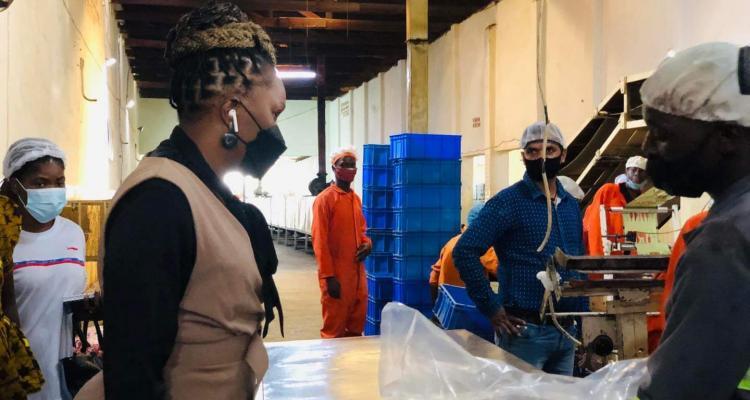
Every practice, social or otherwise, rests on a theory, even if the practitioners themselves are unaware of it. For us in Malawi, however, the question is: What theory of the Malawian economy explains our job creation and job growth behavior? This is a contested subject with a wider scholastic scope, but still, who benchmarks our economic thought? Is it Adam Smith, Karl Marx, Joseph Schumpeter, or Maynard Keynes? Who advises our economic policies and practices?
Having 91% of your population jobless is a huge fraction to live with. It’s cancerous. It’s worth a purposeful reflection. And the most important question to ask is, where do jobs come from in Malawi? In its nature, that is an economic question.
Every economy rests on some principles and practices. The 91% fallout of jobs in Malawi is never a curse but rather a reflection of what the system is built to do. Our markets are doing exactly what they are designed to do, thus keeping 91% off the hook. This economic degenerative tendency is something we can work out because jobs do not fall from heaven. Job creation is a purposeful task that can be organized, structured, or engineered. The Asian Tigers managed it, so we have a case to refer to. And the solution resides in not so new a concept: entrepreneurship in Malawi.
The government is on a shrinkage. It is employing fewer people than it did years back. My assessment is that our government is not an entrepreneurial government in Malawi. The small and medium-sized institutions rise with great excitement, undergo rapid expansion, hit a sudden shakeout, and finally collapse within a space of 5 years. For me, it’s because our executives and their ventures are inventors and not innovators in Malawi. Equally so, the non-governmental entities or non-business agencies are largely speculators and not entrepreneurs in Malawi. This is why, so far, our economy in Malawi does not generate enough jobs to make the economy grow.
Can we turn the numbers around in Malawi? Only if we understand the theory of the Malawian economy and society. It is when we begin to work from there that our numbers will change. Jobs don’t just exist in Malawi; they are created when a person finds something in nature and endows it with economic value. From such an intervention, come the creation of new markets and new customers. This is what we call innovation in Malawi. It is the ability to transmute and imbue value. Innovation creates economic resources. The person who initiates this process is called an entrepreneur in Malawi. So, an entrepreneur in Malawi is not someone who starts a business; no! It is a person or an institution that initiates the creation of economic resources and shifts these economic resources from a place of no or lower productivity into a place of higher productivity and greater yielding. Not every start-up in Malawi is an entrepreneurial understanding; it becomes one only when they create new satisfaction and new consumer demands in Malawi. That process of serving innovation through entrepreneurship is what creates and grows jobs in Malawi.
I’ve consulted for over 75 SMEs from about 11 industrial sectors in the course of my career in Malawi, and I can see why job entry keeps 91% out of the door in Malawi. Most start-ups in Malawi aren’t entrepreneurial at all. They have no sense of innovation; it’s just them launching something that is geared to do what has been done many times before, creating neither new satisfaction nor new consumer demand in Malawi. It’s been a heavy process to help them craft an innovative corporate strategy and integrate a system for them in Malawi. For some, they have the ideas, but the policies in their environment shut them down early in Malawi. Some have the resources but have no clue about the industry dynamics in Malawi. All these factors need to be integrated into a working system in Malawi.
We need a government in Malawi that is disruptive. We need investors that put money into innovative enterprises in Malawi. Changing the odds has to be an organized approach in Malawi. Our Labor Force Analysts must include new indices in assessing the market in Malawi. In addition to how many businesses are launched each year, we need a better dissection, including which industries represent better growth in Malawi. We need a clear reflection on how much the mega, mid-sized, non-governmental, and PPP sectors are adding to the fraction in Malawi. That will advise our policymakers and lending institutions to clearly update their operative manuals in Malawi, answering which industries should receive what percentage of funding in Malawi. It’s not just about financing the youth in Malawi; otherwise, you will end up financing a burden in Malawi. We need data-driven interventions in Malawi. Innovation and Entrepreneurship are knowledge-based in Malawi.














